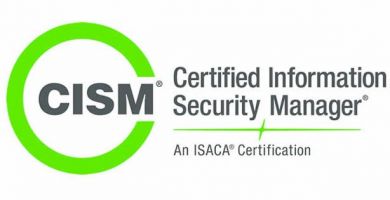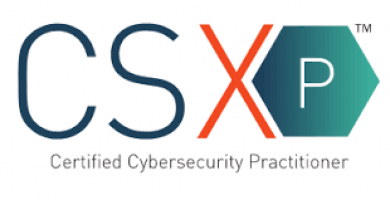
Information Security Audit
Do you know? Today the cybersecurity market is valued at $120 billion. The average cost of a data breach in 2020 will exceed $150 million. By 2021, Cybersecurity Ventures predicts that cybercrime damages will cost the world $6 trillion annually. The cyber-world is ripe with risk and threats and organizations go to great lengths, and cost, to prevent these threats from becoming an attack.
What is Information Security Audit?
Why does your organization need to perform IT Security Audit?
1. Every company is a potential target. One of the most damaging mistakes a company can make is assuming its size will keep it safe. In other words, that cyber-attacks only happen to large companies, and hackers won't waste their time on them. It couldn't be further from the truth. Hackers have plenty of incentive to go after smaller fish, and even basic employee information can be valuable to them. They know the security systems are generally less sophisticated, and that law enforcement won't be as incentivized to pursue an attack that doesn't make the evening news.
2. Identify Network Security Vulnerability, Threat and Risk. Network security auditors will evaluate your Network to find vulnerabilities and threats, identify your biggest security risks. So that you can make changes based on recommendations. That will protect your company from those risks before you become the next victim.
What is a third-party independent cybersecurity audit?
When should your organization perform a third-party Audit?
How often should Independent security audits be performed?
What is the objective of the cybersecurity Audit?
- Protection of sensitive data and intellectual property
- Security of Network to which multiple information resources are connected
- Responsibility and accountability for the device and information contained in it
What is the scope of the cybersecurity audit focus?
- Information Security Management: Processes associated with governance, policy, monitoring, incident management and management of the information security function
- Information Security Operations Management: Processes associated with the implementation of security configurations
- Information Security Technology Management: Processes related to the selection and maintenance of security technologies
- Incident response program implemented
What are the key elements of cybersecurity auditing?
- Controls: Ensuring that organizations have implemented controls.
- Threats: Both internal and external, have the potential to impact confidentiality, integrity, and availability if controls are not in place.
What is the process of cybersecurity audits?
- Management: Management ultimately owns the risk decisions made for the organization. Ensure decisions made based on guidance received during the risk management processes in the appropriate direction to take.
- Risk Management: Risk assessments are made based on guidance by the security officer at an organization, and enterprise management makes decisions, employing risk management processes. The risk landscape is ever-changing.
- Internal Audit: Auditing is a security measure, not an inconvenience.
How to prepare for a successful Third-Party Independent audit?
- Identity management
- Security incident management
- Network perimeter security
- Systems development
- Project management
- IT risk management
- Data management
- Vulnerability management
How can Secured Transactions help to perform Independent Audits?
About the Author: Jenny Jo
Headquarters
Empire State Building
Network Operation Center (NOC) Office
Powered by Ultratek Computers & Communications | Created by Top Web Designer | Marketed by Tri-State Web Marketing | Managed by MJJT Consultants
Copyright © 2019 Secured Transactions. All Rights Reserved.
 212 868-0688
212 868-0688

